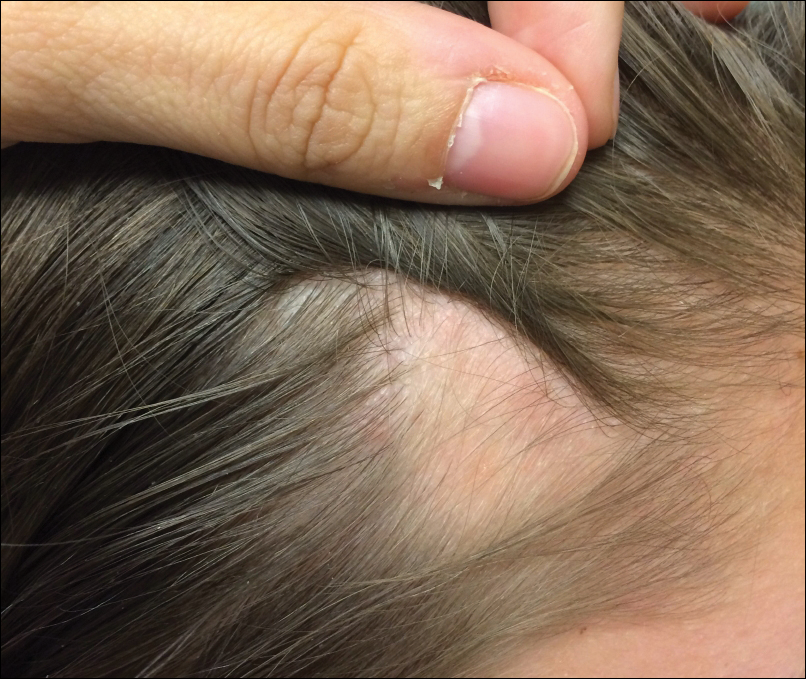
Hair loss and your scalp health are intricately linked. Understanding the specific areas experiencing thinning and the potential causes is key to developing an effective treatment plan. This article explores the different areas of the scalp affected by hair loss, including the top of the head, temples, and crown. We’ll delve into common causes, targeted solutions, and lifestyle factors to combat hair loss and achieve a healthier scalp.
Understanding Hair Loss Across Different Scalp Areas
Hair loss isn’t uniform across the scalp. Different areas may experience thinning due to various factors. Identifying the specific area affected helps determine potential causes and choose appropriate treatments. For instance, hair loss at the crown often stems from genetic predisposition, while thinning on the temples might be linked to hormonal changes. We’ll dissect the common culprits behind hair loss in these key regions.
Top of the Head: A Common Culprit
Genetics and Heredity
In many cases, genetic predisposition plays a significant role in hair loss on the crown and top of the head. Male and female pattern hair loss are examples of hereditary conditions influencing hair growth patterns. Early intervention, diagnosis, and strategic treatments can significantly improve outcomes. A professional consultation is strongly recommended.
Environmental Factors
Certain environmental stressors, such as prolonged sun exposure or repeated use of harsh chemicals on the scalp, can contribute to hair loss on the top of the head. Maintaining healthy scalp practices and using gentle hair care products can be beneficial.
Temples: Potential Hormonal and Lifestyle Links
Hormonal Fluctuations
Hormonal imbalances can sometimes lead to hair loss, particularly at the temples. Women experiencing hormonal changes during pregnancy or menopause, or even men dealing with fluctuating testosterone levels, might observe thinning in this region. Regular checkups with healthcare professionals can help address these potential issues.
Stress and Lifestyle Factors
Chronic stress is a key factor in hair loss, which can affect hair follicles and disrupt the natural hair growth cycle. Stress management techniques, coupled with a balanced lifestyle, can support healthy hair growth. A healthier diet might also be helpful.
Crown: The Intersection of Genetics and Lifestyle
Genetics Revisited
Genetic factors, similarly, often influence hair loss patterns on the crown. Understanding family history of hair loss can provide valuable insights and aid in early interventions. Consulting with a trichologist can provide more details.
Nutritional Imbalances
Nutritional deficiencies can affect hair health, potentially contributing to hair thinning on the crown. Maintaining a balanced diet and consulting a nutritionist can ensure sufficient intake of essential nutrients for optimal hair growth. A balanced diet is important, as well as supplementing with essential vitamins.
Diagnosis and Treatment Strategies
Consulting Professionals
For accurate diagnosis and personalized treatment plans, consult a qualified dermatologist or trichologist. These professionals can assess your specific hair loss situation and recommend appropriate interventions. They can pinpoint the cause of your hair loss and recommend suitable solutions.
Lifestyle Adjustments
Adopt stress-reducing habits, maintain a balanced diet, and ensure proper scalp care. These lifestyle changes can often complement professional treatments for maximum effectiveness. Gentle hair care is key, and stress management is critical.
Additional Tips for Scalp Care
Maintaining a Healthy Scalp
Maintaining a healthy scalp is critical for hair growth and overall hair health. Proper scalp care includes avoiding harsh chemicals, using gentle shampoos, and keeping your scalp clean. Regular scalp massages can also stimulate blood circulation and potentially promote hair growth.
Addressing Stress and Hormones
The Stress-Hair Loss Connection
Stress significantly affects hair health. High stress levels can interrupt the natural hair growth cycle and lead to hair loss. Managing stress through relaxation techniques and prioritizing mental well-being can contribute to healthier hair. Exercise is also beneficial for stress reduction.
Nutritional Support for Healthy Hair
Essential Nutrients for Hair Health
Nutritional deficiencies can contribute to hair loss. Consuming a balanced diet rich in vitamins (e.g., vitamins A, C, D, and E), proteins, and minerals is crucial for healthy hair growth. A balanced diet is necessary for healthy hair and scalp.
Conclusion: Taking Charge of Your Hair Loss
Understanding the different areas of hair loss and the contributing factors is essential to develop an effective and personalized approach. Consulting with a dermatologist or trichologist will provide the personalized support needed. Implement healthy habits, and consult a professional for guidance and tailored treatment plans. We recommend visiting our website to delve into a comprehensive guide and discover additional resources available to address your specific needs.
Frequently Asked Questions
What are the most common causes of hair loss on the scalp, specifically on the top of the head, crown, and temples?
Common causes include genetics, hormonal fluctuations, stress, and certain medical conditions. Understanding the underlying causes is vital for targeted treatments. A dermatologist can provide personalized assessments and effective solutions for managing hair loss.
What are some effective strategies for treating hair loss in various areas of the scalp?
Several strategies can address hair loss, including lifestyle adjustments, targeted treatments prescribed by a dermatologist, and nutritional support. By addressing stress levels, optimizing nutrition, and implementing healthy scalp care, you can support natural hair growth. Professional guidance is crucial to determining the best course of action for your specific situation.
In conclusion, addressing hair loss and scalp concerns requires a multifaceted approach. Understanding the specific area affected is crucial, as different causes and solutions apply. By incorporating the right treatments tailored to each area, combined with a healthy lifestyle, you can potentially improve hair health and reduce the appearance of thinning hair. Consult a dermatologist or trichologist for a personalized hair loss treatment plan. Visit our website for more in-depth resources and learn how to determine your hair loss type.